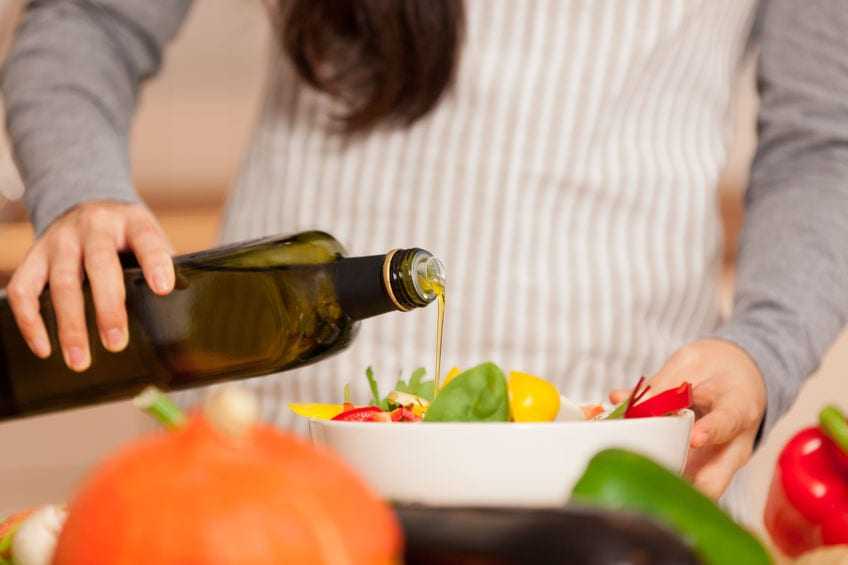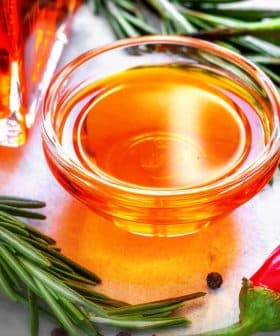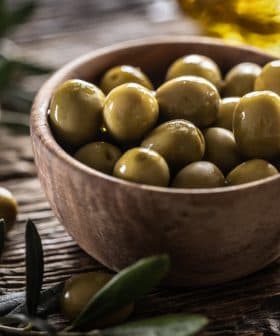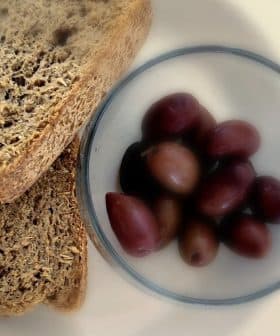 8.1K reads
8.1K readsBasics
5 Things Everyone Should Know About Olive Oil

Olive oil, particularly extra virgin olive oil, is a key component of the Mediterranean diet with numerous health benefits and the ability to enhance the flavor of any dish. Quality matters when it comes to olive oil, as high-quality extra virgin oils offer greater health benefits and longer shelf life, while bitterness in the oil indicates the presence of healthy nutrients.
Olive oil, and especially extra virgin olive oil, is a cornerstone of the Mediterranean diet. Its health benefits have been discovered and confirmed in countless studies, and almost everything it graces becomes more delicious.
Even though humans have been cultivating olives and crushing them into oil for thousands of years, most people still know very little about Liquid Gold. Slick marketing and disconcerted information only add to the confusion.
And while entire courses (even college curriculums) are devoted to its production, health aspects and culinary uses, there are some things everyone should know about this important staple.
All olive oils are not created equal
Olive farmers and olive oil producers face a range of ever-changing conditions and make choices depending on the means at their disposal and the market they are targeting.
Those aiming to produce the gold standard — extra virgin olive oil — need to manage every step of production with skill and determination, not to mention a degree of added costs.
Extra virgin means the oil is free of taste defects and will pass a battery of tests in a lab. It also means the oil contains only the juice of olives, and nothing else.
Quality matters
High-quality extra virgin olive oil not only tastes delicious, it also boasts greater health benefits compared to the lower grades, such as virgin olive oil and pure olive oil.
Even oils that are extra virgin can vary in quality and value. For example, extra virgin olive oils with higher antioxidant levels will have a longer shelf life than others and contain more of the nutrients that we pay extra for.
Bitterness is a good thing
Fresh olives are bitter, so the oil made from fresh olives should be bitter too. In fact, the bitterness is an indication of those healthy nutrients we expect when we choose extra virgin olive oil.
The good news is that people aren’t shying away from bitter flavors like they used to. In other categories like beer, chocolates and coffee, bitter profiles have become ever more popular and associated with well-crafted products.
Keep it fresh
Extra virgin olive oil begins to degrade in quality the moment it’s made. Exposure to air, heat and light dramatically quicken the shelf-life. Most extra virgin olive oil is no longer extra virgin when it is finally consumed.
It’s as if you paid more for a Ferrari, only to drive a Kia your first time behind the wheel.
Look for a harvest date or bottling date on every bottle you buy — the more recent the date, the better. If you can only find a “best by” date, it should be at least a year in the future.
Keep it tightly closed in a cool, dark cupboard. Once you open the bottle (or tin), use it within a month or two.
Use it for everything
By now everyone should know that olive oil can be used in place of less healthy fats in practically every dish.
From poaching and baking to sautéing to deep-frying, substituting butter and seed oils for extra virgin olive oil is not only the healthiest option, but your foods will also taste better too.









